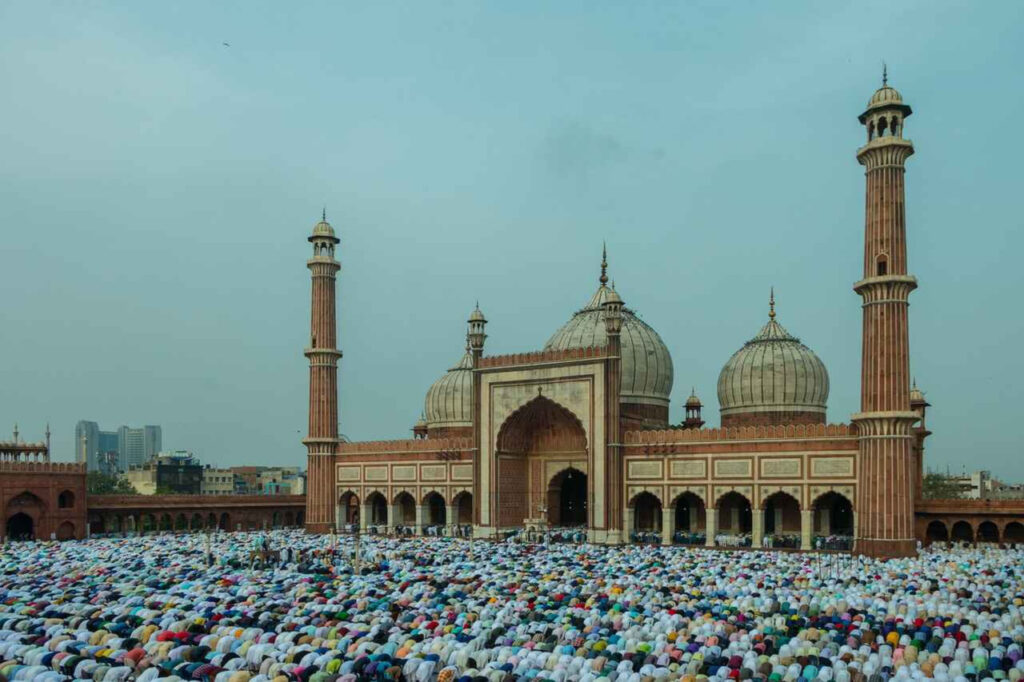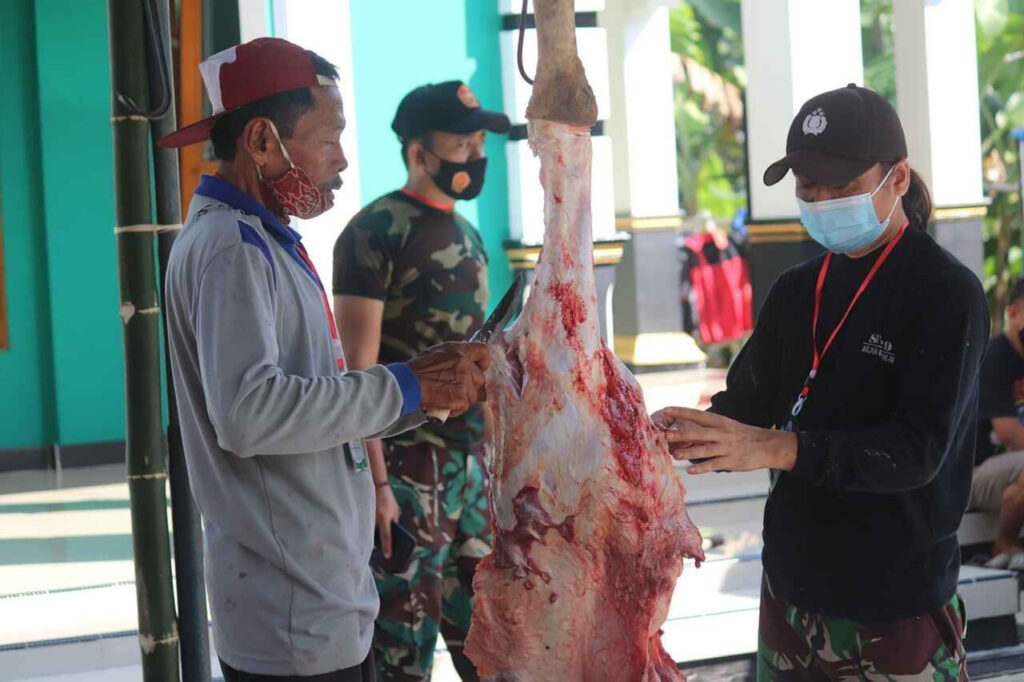There are many holidays on the Islamic calendar, many of which have rich religious and cultural traditions. Muslim holidays provide an insight into the diverse fabric of Islamic history, from the joyful celebrations of Eid al-Fitr to the mournful remembrance of Ashura. We set out on a journey to discover the core of these celebrations in this blog, exploring their history, customs, and the sense of community they promote.

1.Eid al-Fitr: Also called the Festival of Breaking the Fast, Eid al-Fitr represents the end of the fasting month of Ramadan. The new moon sighting, which marks the end of fasting and the start of festivities, marks the beginning of it. Muslims meet at mosques or public areas for special prayers, which are followed by joyous feasts enjoyed with loved ones. Another important feature of Eid al-Fitr is Zakat al-Fitr, or charitable giving, which makes sure that those who are less fortunate can enjoy the celebrations.

2.Eid al-Adha:The Festival of Sacrifice, or Eid al-Adha, honors the willingness of Prophet Ibrahim (Abraham) to offer his son Isma’il (Ishmael) as a sacrifice in submission to God. The celebration takes place in accordance with the yearly Hajj journey to Mecca, where millions of Muslims assemble to conduct prayers and ceremonies. The main event of Eid al-Adha is the animal sacrifice, usually a sheep, goat, or cow, which represents Ibrahim’s dedication and the value of giving and selflessness.

